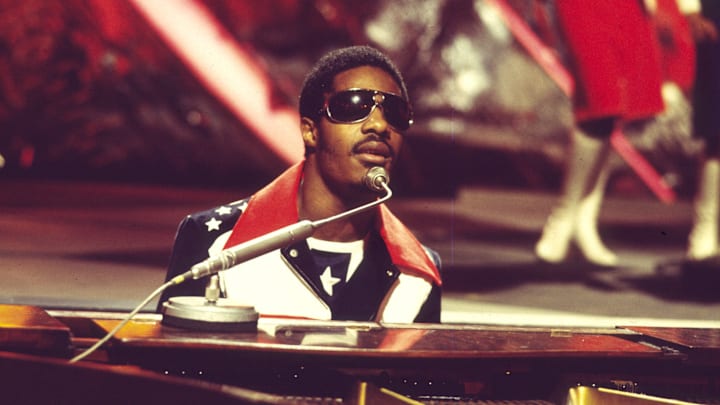Texas
"AUSTIN PRISON" by Johnny Cash (1966)
Austin was the outlaw counter to Nashville, so it makes sense that one of its most iconic songs is about a man escaping from prison, recorded by the godfather of outlaw country music. It doesn’t exactly paint the city in the best of lights, referencing a lynch mob and the evil men on the jury. But the jailer was righteous, the man escaped his fate, and Austin had one more mythic tale to tell.
"DALLAS" by the Flatlanders (1972)
Jimmy Dale Gilmore, Joe Ely, and Butch Hancock had no success as The Flatlanders in the early 1970s. This gorgeous, haunting portrait of Dallas failed to register with the public. Eighteen years later, both the band and the song came roaring back to life. “Well, I came into Dallas with the bright lights on my mind – But I came into Dallas with a dollar and a dime – Well, Dallas is a rich man with a death wish in his eyes.”
"SAN ANTONIO GIRL" by Lyle Lovett (2003)
Lovett takes the listener on a detailed tour of San Antone, stopping by the Alamo, and the Hemisfair, and strolling along the River Walk, but he doesn’t stop there. He takes us to the suburbs – to Helotes and San Marcos – all with his San Antonio girl because she’s “the whole wide world.”
"HOUSTON" by Dean Martin (1965)
When at his best, Dino could sing anything. Here, he begins accompanied by one guitar string and a coke bottle. Then a chorus and some strings join in, and eventually, a harmonica wails a short interlude. But it’s really all Dean, remembering the warmth and comfort of his home in Houston compared to the uncaring unnamed big city in which he finds himself. (For the record, Dean’s actual hometown was Steubenville, Ohio, but that fit neither the rhythm nor the atmosphere of the song.)
"FORT WORTH BLUES" by Steve Earle (1997)
Townes Van Zandt was a beacon to multiple generations of an ever-changing cadre of country singer-songwriters who bristled under strict Nashville rules. Townes was a Fort Worth native, and when he died at age 52, it inspired Steve Earle to write this homage. Fort Worth takes on a mythic quality, with Earle acknowledging that it “was never really your kinda town – But you went around with the Fort Worth blues.”
"EL PASO" by Marty Robbins (1959)
It won a Grammy. It hit number one, and not just on the country charts. The lovely Latin rhythm and happy love-song melody play as an outstanding counterpoint to the tragic story told by the lyrics. It is one of the seminal American country songs.
